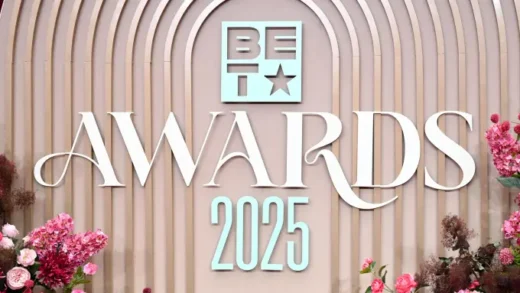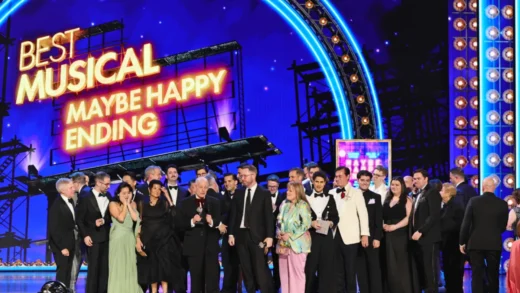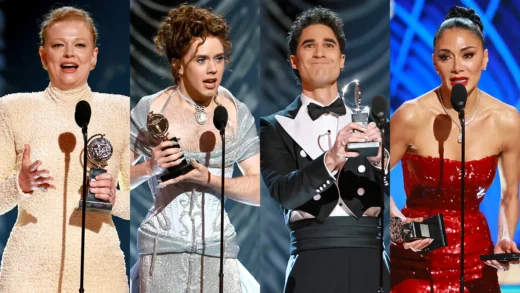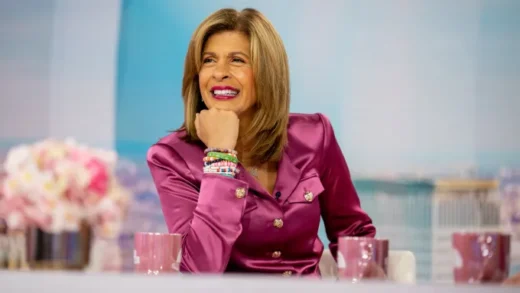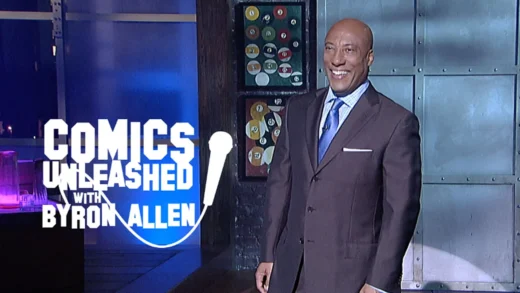2017, a year newly in the past, saw Dave Chappelle celebrate 30 years of doing stand-up comedy. He honored the occasion by releasing four stand-up specials, the latter two — Equanimity and The Bird Revelation — released on New Year’s Eve. Each displayed a mastery of the craft, and validation of the claims that he is the best stand-up alive, if not ever. And yet underneath the praise there was a murmur of frustration that quickly turned into outrage, whether it was for his perceived transphobia, homophobia, or, in his most recent special, The Bird Revelation, for partially blaming victims in a recent spate of high-profile sexual-harassment cases.
People can argue this is on the audience — they are either too sensitive or not sensitive enough, depending where you fall. But stand-up is a medium defined by controlling how the audience receives information, so if there are wildly different reactions to the material, you have to look at the source. And the reason audience responses have varied so wildly stems from an indecisiveness on Chappelle’s part about how he wants to be perceived. Present-day Dave Chappelle wants to be taken seriously, except when he doesn’t, and therein lies the issue.
Comedians do not have to be right. Though some people might prefer comedians they agree with, being correct is not necessarily part of the job description. In fact, there are reasons for comics to be wrong. While humans, in our everyday lives, generally try to present what we think is right, our brains aren’t so tidy — they harbor a lot of thoughts our higher mind doesn’t agree with. Comedians poke at that messiness, offering relief from your own demons. That, or a comic might be wrong simply to get a rise out of people. Both make sense on a theoretical level. To take one theory: People want to be agreed with, so it is a “benign violation” for a comic to be publicly disagreeable. As a result, it’s on the comic to decide how benign they want the joke to seem, and how they go about communicating that to the audience.
A comic — like early Sarah Silverman — can try to convey that she’s essentially playing a character that is wrong about everything they say, couching any racist material in deep irony. Another option is what Bill Burr, maybe the comic currently best at being wrong, does, getting people to laugh at things they might disagree with by using certain concessions— like “I’m an idiot,” “I know, I’m wrong,” — to walk back harsher claims. Or take the best stand-up special of last year, Jerrod Carmichael’s 8, which was itself a sort of meditation about wrongness. He doesn’t just make jokes about global warming not being a big deal; he investigates why he doesn’t care. This tells the audience that he is not trying to convince them of anything, as much as offer himself as a surrogate for safely exploring negative thoughts. On the other side of the coin, take a comedian like Big Jay Oakerson, a terrific joke writer, who likes to revel in offensiveness with an infectious “who gives a fuck” attitude — if you don’t like it, it’s on you.
Chappelle, over the course of the four specials, does a little bit of all of these things, but with his most recent two, he seems to be specifically motivated by wrongness. So much so, midway through The Bird Revelation, he offers this call to action to comics: “Everybody gets mad because I say these jokes. But you have to understand this is the best time to say them. Now more than ever, I know there’s some comedians in the back — motherfuckers, you have a responsibility to speak recklessly, otherwise my kids might not know what reckless talk sounds like. The joys of being wrong. I didn’t come here to be right, I just came here to fuck around.” This isn’t true. Well, the first part — that for stand-up to be on the front lines of free speech, comics need to be allowed to be wrong (especially when working out material) — is; but to my ears, that last part sounded like a lie.
(Excerpt) Read More in: Vulture
